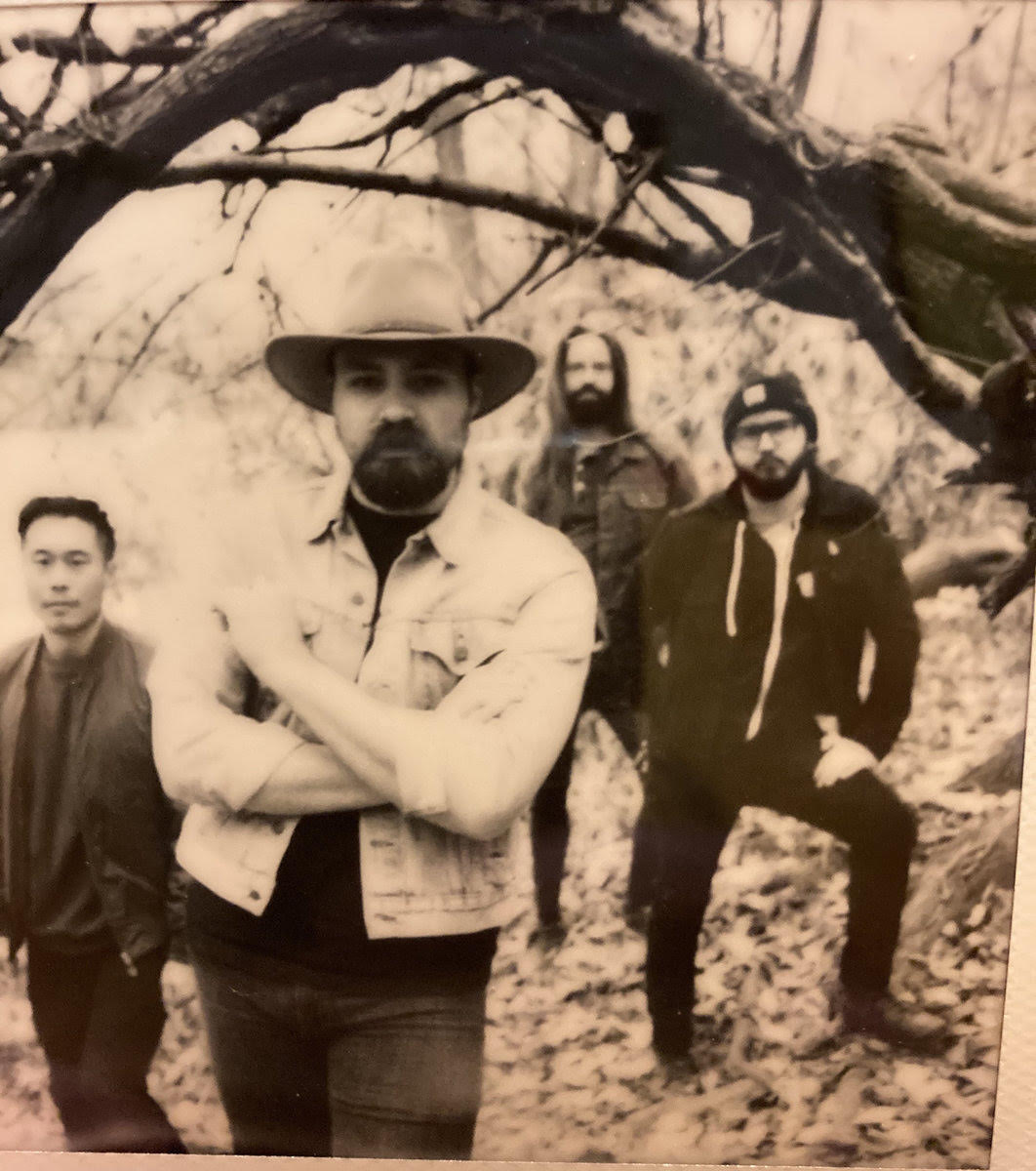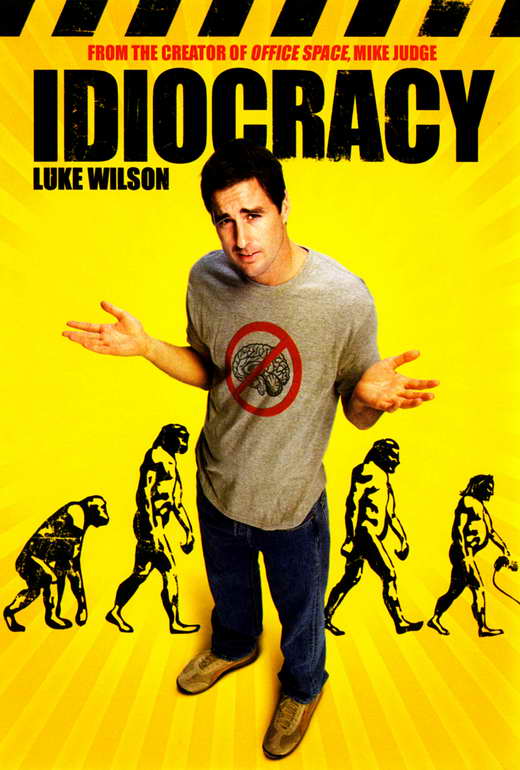Now Playing
Current DJ: CHIRP DJ
Monobody Sylphina from Comma (Sooper) Add to Collection
Requests? 773-DJ-SONGS or .(JavaScript must be enabled to view this email address)
Bloodhype – Pictures of Our Dead Intercom System (self-released)
by CHIRP Radio DJ and Features Co-Director Mick R (Listen to his most recent shows / Read his blog)

Variety and experience are the zest of life and novel pairings are the fleshy fruit from which they are squeezed. Would you turn your nose up at a peanut butter and sweet onion sandwich? Well, you’re only depriving yourself by tilting your proboscis northward, my friend.
And what about country music and space rock? Outrageous! Maybe… but a part of me thinks you’re curious to know how these disparate styles come together.
Thankfully, you don’t have to visit a saloon on a desert planet in a galaxy far far away to find out what this theoretical, dusty, and cosmic category of American might sound like in practice. Chicago’s own Dreamjacket is more than happy to bring the interstellar frontier as near as your neighborhood bar.
The five-piece band comprised of vocalist Jesse W. Johnson, violist Yoo Soo Kim, bassist Timothy Cap, guitarist Bradley Bergstrand, and drummer Dane Marcussen took a while to assemble, but it is hard to put a price on the sum of their talents now that their forces have aligned.
Their debut album Lost at Last dropped late last year, and they’re still hard at work spreading the good word about it. To help in their efforts I shot some questions their way about their origin story, their sound, and their new album and you can check out their very thorough and charming responses below:
 Welcome to The Fourth Wall, CHIRP's e-conversation on cinema. This week's subject is the 2006 Science Fiction comedy Idiocracy.
Welcome to The Fourth Wall, CHIRP's e-conversation on cinema. This week's subject is the 2006 Science Fiction comedy Idiocracy.
This edition is written by CHIRP Radio volunteers Kevin Fullam and Bobby Evers.
Cult film: "A movie that has developed a small, but significant and thoroughly dedicated, fanbase that grows over time. This fanbase may form an elaborate subculture, members of which engage in repeated viewings, dialogue-quoting, and audience participation."
Kevin Fullam:
I'm not sure I'd want to wander into any event that involved audience participation in Idiocracy (particularly where its "trash avalanches" are concerned), but from a popularity standpoint, it fits the bill.
With no advance screenings and a very small theatrical release, Idiocracy grossed just under a half-million dollars when it debuted in 2006. But much like Office Space, director Mike Judge's preceding film, Idiocracy picked up steam on the DVD circuit in both money and critical acclaim, and some today consider it a rather prescient, subversive comedy.
For the uninitiated, Idiocracy tells the story of Army peon Joe Bauers (Luke Wilson), who's selected to be the guinea pig in a hibernation device that's supposed to keep him in stasis for exactly one year.
A prostitute named Rita (Maya Rudolph) gets roped into the experiment as well (don't ask), but there's a malfunction, and the duo doesn't wake up until 500 years have passed.
Big Thief – Dragon New Warm Mountain I Believe In You (4AD)
Black Country, New Road – Ants From Up There (Ninja Tune)